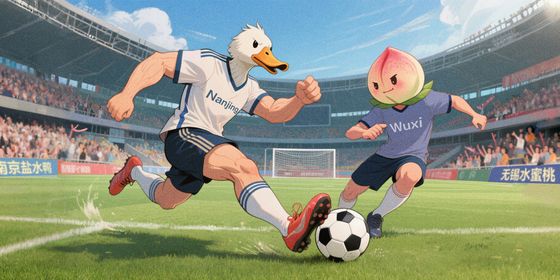For shopaholics, “chop off my hands” is an essential phrase; though it can't always stop you from “eating dirt”
“You came to grow grass again? I’ve been eating dirt! Now I have to chop off my hands again!” These are not the words of, as you might first imagine, the tale of a dirt-eating landscape gardener with a severe self-harm complex; no, this is a shopaholic.
If you are the type to head to downtown and come back with more bags than sense, you’ll need to learn these simple phrases: “chop off hands (剁手 duòshǒu),” “eat dirt (吃土 chītǔ),” and “grow grass (种草 zhòngcǎo).” With that in mind, the implicit meaning of the opening sentence is, “You come to me recommending fancy goods? I’ve spent all my money! I can’t believe I will shop even more!”
To “eat dirt” is a fairly easy one; it means you’re broke. But, what’s less obvious is that the phrase implies that you’ve overspent. Someone might look at their credit card bill and scream: “我为什么买了这么多衣服? 我这个月只能吃土了!(Wǒ wèi shénme mǎi le zhème duō yīfu? Wǒ zhège yuè zhǐnéng chītǔ le! Why did I buy so many clothes? I can only eat dirt this month!).”
It’s a cruel world out there for people who yearn for Prada and hanker for Harry Winston, with signs assaulting the senses with “买买买!” or “buy, buy, buy!” Advertisements spring from every shop and billboard, so it’s no wonder that the phrase for having one’s appetite whetted for fancy new goods is described as “growing grass,” meaning “plant a desire in the mind.” This phrase is often used in a passive voice, as in, “我被种草了 (Wǒ bèi zhòngcǎo le. I was grown grass).”
Ungrammatical as it sounds, it’s a common expression. Hearing about a sale, seeing a commercial for watches, even being recommended a new trashy reality television show can all be met with “I have become grown grass,” meaning the advertising has taken root and you’re hooked (or in need of some sort of impulse item hedge trimmer). Accordingly, when you finally buy, watch, read, or steal what has been grown, you pull off the grass, or 拔草 (bácǎo). This is perhaps best illustrated with the sentence, “我惦记这款包很久了,今天终于拔草了! (Wǒ diànji zhè kuǎn bāo hěn jiǔ le, jīntiān zhōngyú bácǎo le! I have been thinking about this bag for so long and finally pulled off the grass today!).”
However, some grass grows too deep, and when you’re eating dirt, you might find the need for a more severe metaphor. A shopper might, with timid determination, shout: “我要是再买就剁手!(Wǒ yàoshi zài mǎi jiù duòshǒu! If I buy one more thing, I will chop off my hands!).” Actual bloodshed is rare. Rather, it is a stolid declaration of suffering for spending, not unlike the Biblical passage, “If thine hand offend thee, cut it off.” The term can even be made into a declaration of intent; one might say, “I will chop off my hands today” in anticipation of their shopping spree.
Sadly, spending disorders can be quite serious—affecting family members, friends, and those you love. People suffering should seek psychological help. That is, unless they’re buying a copy of The World of Chinese. If that’s the case, “买买买!” You handless dirt-eater.












